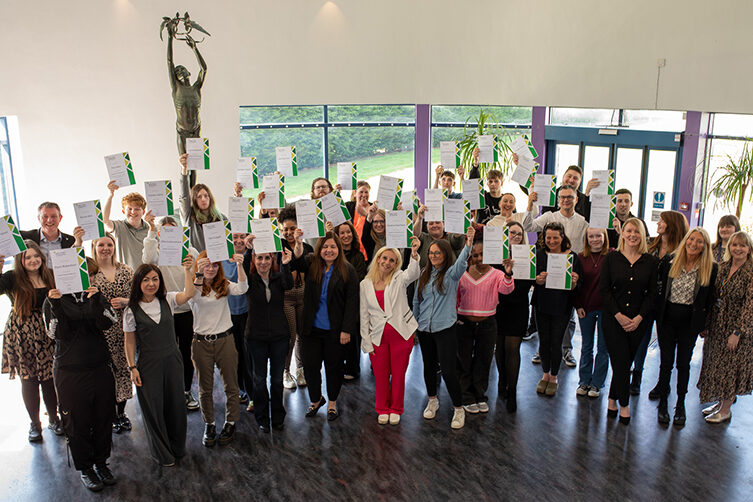OfS review of blended learning to ensure online elements represent high quality teaching and learning

The Office for Students (@OfficeStudents) has today (17 Mar) launched a review of blended learning, amidst concerns that the poor quality of the online experience for some students during the pandemic has undermined the positive potential of mixing in-person and online course delivery.
While most students have now returned to in-person teaching, many universities continue to deliver some elements of their courses (for example, lectures for large groups of students) online. There are no guidelines in place which prevent or restrict any kind of in-person teaching.
The review will consider how some universities are delivering blended learning. A report in summer 2022 will set out where approaches represent high quality teaching and learning, as well as approaches that are likely to fall short of the OfS’s requirements.
Professor Susan Orr has been appointed lead reviewer. Professor Orr is currently Pro Vice Chancellor: Learning and Teaching at York St John University and is the incoming Pro Vice Chancellor: Education at De Montfort University. A panel of expert academic reviewers will be appointed to work with Professor Orr to examine the way different universities and colleges are delivering blended learning.

Nicola Dandridge, chief executive of the Office for Students, said:
“With the end of government coronavirus restrictions, students are back on campus and able to enjoy in-person teaching. There are clear benefits to in-person learning and where students have been promised face-to-face teaching it should be provided. This return to relative normality is important, and comes after an enormously challenging two years for students and staff. It remains very important that universities and colleges are clear with their students and their applicants about how courses will be delivered. If universities decide that certain elements are to remain online, this should be made explicit. Whether online or face to face, the quality must be good, and feedback from students taken into account.
“Our review of blended learning will examine the approaches universities and colleges are taking. There are many ways for blended courses to be successfully delivered and it will be important to harness the lessons learned by the shift to online learning during the pandemic. We are however concerned to ensure that quality is maintained, and through this review we want to gain a deeper understanding of whether – and why – universities and colleges propose to keep certain elements online.
“A report following the review will describe the approaches being taken by universities and colleges and give examples where blended approaches are high quality, as well as those that may not meet our regulatory requirements, providing additional information for universities and colleges, as well as students and applicants.”
A Department for Education spokesperson said:
“The government has removed all restrictions on in person teaching, meaning providers are able to offer the full face-to-face teaching experience that they were offering before the pandemic. The Education Secretary has made clear that we want universities to be open and transparent with students by publishing the proportion of in-person teaching students can expect.
“Virtual learning is a fantastic innovation, one that can be used to complement and enhance a student’s learning experience, not detract from it, but it should not be used as a cost cutting exercise. The OfS should ensure that students receive the educational experience that their provider has promised and so we look forward to seeing the outcome of this review.”

Alistair Jarvis CBE, Chief Executive of Universities UK said:
“Universities understand how important face-to-face teaching is for many university students and that’s why in-person teaching and learning is the main method of delivering courses at most universities across the UK.
“Like every sector, the pandemic has changed the way universities work, with significant advances made in digital teaching and learning. Students have been clear that these developments help them learn, makes the learning experience more accessible and flexible and gives them digital skills valued by employers. Many universities have responded to this positive feedback by including some digital learning alongside in-person learning opportunities.
“We look forward to engaging with OfS’s review and encouraging universities to share good practice on high-quality blended learning. There is no ‘one size fits all’ approach to blended learning for every course or university. Ultimately, it is most important that innovation in teaching and learning continues to thrive so that students feel the benefit and UK higher education maintains its international reputation for excellence.”











Responses